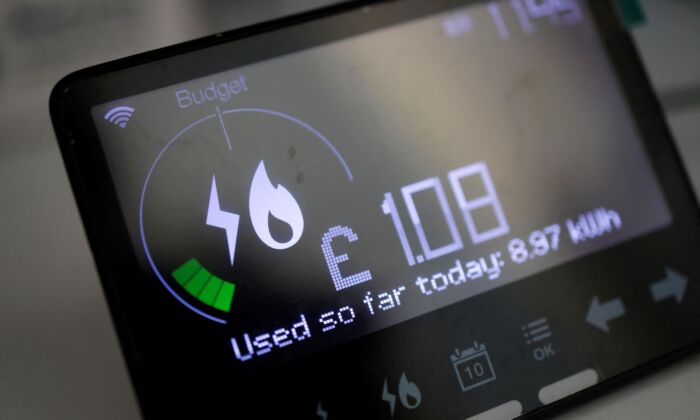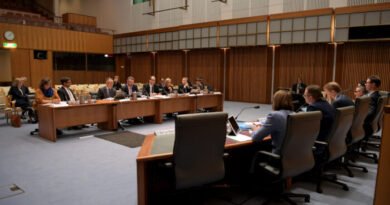Households Encouraged to Provide Energy Meter Readings in Light of Price Cap Increase
Households have received advice to consider changing their current tariff or switching to a fixed rate to save money on energy bills.
Approximately 11 million households have been encouraged to submit their energy meter readings promptly to avoid overcharges.
Energy prices rose from Tuesday as Ofgem raised its price cap from £1,568 to £1,717 per year, resulting in an increase of around 10 percent, adding approximately £12 per month to an average bill.
The new cap is 6 percent, or £117, cheaper compared to the same period last year (£1,834).
The energy price cap is determined based on typical energy usage for households, setting the maximum charge for each unit of energy without limiting the total bill. Families will pay for the energy they consume.
Households in England, Scotland, and Wales on standard variable tariffs will pay on average 24.50 pence per kilowatt-hour (kWh) or a daily charge of 60.99 pence. Gas usage on this tariff amounts to 6.24 pence per kWh or 31.66 pence per day.
According to Ofgem, the amount varies based on location, meter type, and payment method.
One way to reduce energy bills is to monitor gas and electricity usage, as recommended by the price comparison website Uswitch.com. It advised households to take their own readings for accurate billing.
Changing the energy tariff and opting for a fixed-rate tariff could help households lower their energy expenses, according to Ofgem.
‘Dreadful Winter’
Under the new price cap, almost half of UK adults are expected to limit their energy usage this winter. A survey by fuel poverty charity National Energy Action and YouGov indicated that from October, 6 million UK households will face fuel poverty.
Households are likely to cut down on lighting, baths, showers, and laundry to decrease energy costs, as per the data.
“Millions of households are bracing for another challenging winter, either accumulating more energy debt or opting not to heat their homes at all. We find ourselves in a cycle of escalating prices and inadequate support,” noted Adam Scorer, chief executive at National Energy Action.
The price cap increase follows the government’s decision to reduce winter fuel allowance for pensioners who do not receive Pension Credit or specific means-tested benefits.
“The decision to limit the Winter Fuel Payment has put more vulnerable pensioners at risk, regardless of whether wealthier pensioners should receive energy bill assistance,” Scorer expressed.
He urged Downing Street to enhance support through the Warm Homes Discount scheme and collaborate with Ofgem and energy suppliers to directly assist in reducing bills.
Pushback
There has been opposition from other charities and MPs to the government’s decision to cut winter fuel allowance.
Age UK cautioned that means-testing the Winter Fuel Payment will exacerbate the financial struggles of poor pensioners this winter.
According to the End Fuel Poverty Coalition, withdrawing financial aid from vulnerable households could result in increased NHS costs.
“Improving insulation and ventilation in buildings and stabilizing energy costs away from volatile gas prices are long-term strategies to reduce NHS costs associated with people living in cold, damp homes. Until the government fully implements these plans, vulnerable households will require financial aid. Winter Fuel Payments were crucial as they helped older households stay warm each winter,” said a spokesperson for the coalition in a statement.
Liberal Democrat Treasury spokeswoman Daisy Cooper stated that the energy price hike will severely impact pensioners, forcing them to choose between heating and food.
The Liberal Democrats oppose cuts to Winter Fuel Payments and urge the government to implement a fairer solution.





